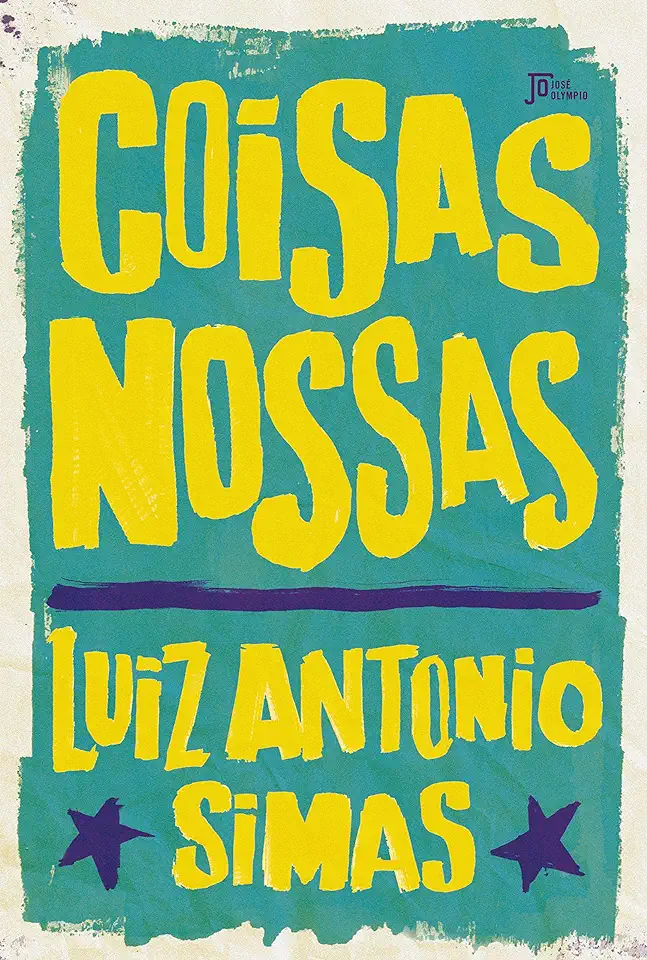
Popular Movements in Brazil - José Luiz del Roio
Popular Movements in Brazil: A History of Resistance and Transformation
Introduction
Brazil is a country with a rich history of popular movements. These movements have played a vital role in shaping the country's political, social, and economic landscape. From the quilombos of the colonial period to the landless workers' movement of today, popular movements have been at the forefront of struggles for justice and equality.
In his book, "Popular Movements in Brazil," José Luiz del Roio provides a comprehensive history of these movements. Roio draws on a wealth of primary and secondary sources to trace the development of popular movements from the colonial period to the present day. He also provides a detailed analysis of the strategies and tactics used by these movements to achieve their goals.
The Colonial Period
The first popular movements in Brazil emerged during the colonial period. These movements were often led by enslaved Africans and indigenous peoples who were resisting the oppression of the Portuguese colonizers. One of the most famous quilombos was Palmares, which was founded in the 17th century and lasted for over 100 years. Palmares was a self-sufficient community that was governed by its own laws and customs. It was also a symbol of resistance to slavery and colonialism.
The 19th Century
In the 19th century, popular movements in Brazil began to take on a more political character. The most important of these movements was the Cabanagem, which was a rebellion of peasants and slaves in the northern province of Pará. The Cabanagem lasted for over a year and resulted in the deaths of thousands of people. Although the Cabanagem was ultimately defeated, it helped to lay the foundation for future popular movements in Brazil.
The 20th Century
The 20th century saw a proliferation of popular movements in Brazil. These movements included the labor movement, the student movement, the women's movement, and the environmental movement. These movements played a vital role in the country's struggle for democracy and social justice.
One of the most important popular movements of the 20th century was the landless workers' movement. This movement began in the 1950s and has been fighting for land reform ever since. The landless workers' movement has used a variety of tactics to achieve its goals, including land occupations, protests, and hunger strikes.
The 21st Century
In the 21st century, popular movements in Brazil continue to play a vital role in the country's political and social life. These movements are fighting for a variety of issues, including social justice, economic equality, and environmental protection.
One of the most important popular movements of the 21st century is the Movimento dos Trabalhadores Sem Terra (MST). The MST is a social movement that fights for land reform and social justice. The MST has been successful in winning land for thousands of landless families and has also played a key role in the development of sustainable agriculture in Brazil.
Conclusion
Popular movements have played a vital role in shaping Brazil's history. These movements have fought for justice, equality, and democracy. They have also helped to create a more inclusive and participatory society.
José Luiz del Roio's book, "Popular Movements in Brazil," is a valuable resource for anyone who wants to learn more about the history of these movements. Roio provides a comprehensive and detailed account of the development of popular movements from the colonial period to the present day. He also provides a thoughtful analysis of the strategies and tactics used by these movements to achieve their goals.
"Popular Movements in Brazil" is a must-read for anyone who is interested in the history of Brazil, social movements, or Latin American studies.